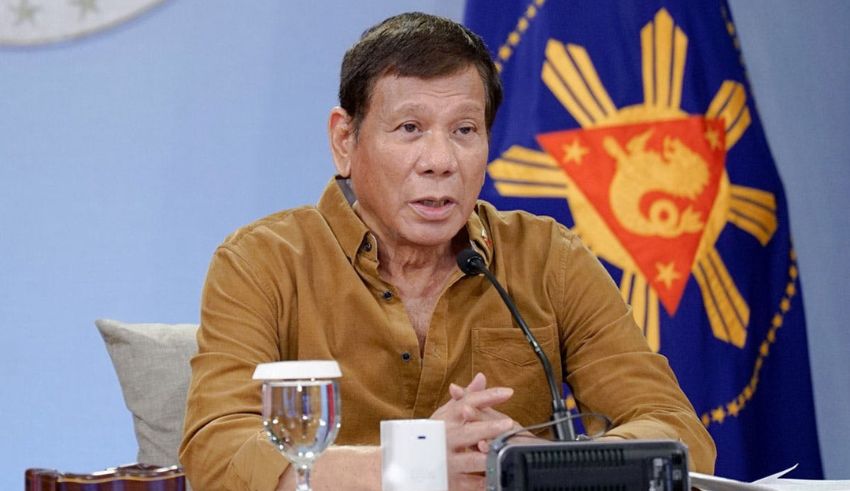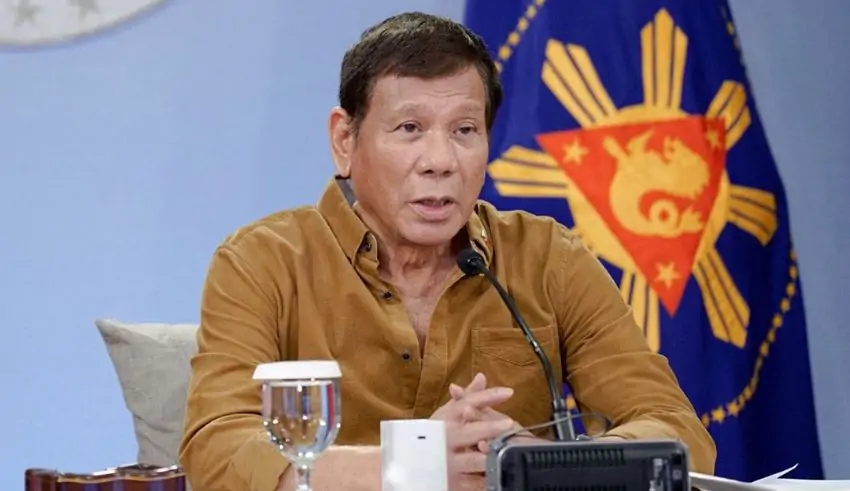Rodrigo Duterte was the 16th president of the Philippines, who served from 2016 to 2022. He was known for his controversial and populist policies, especially his war on drugs, which resulted in thousands of deaths and human rights violations. He was also known for his outspoken and provocative remarks, which often strained his relations with other countries and institutions, such as the United States, the European Union, and the United Nations.
Duterte is currently facing several legal challenges and threats, both at home and abroad, for his alleged crimes and abuses during his presidency. He is accused of inciting and ordering extrajudicial killings, corruption, plunder, treason, and crimes against humanity, among others. He is also the subject of an investigation by the International Criminal Court (ICC), which has jurisdiction over the Philippines for the period from November 1, 2011 to March 16, 2019, when the country was still a state party to the Rome Statute, the treaty that established the ICC.
Arrest
Duterte’s arrest is a possibility that has been raised and speculated by some of his critics and opponents, who believe that he should be held accountable and punished for his actions and policies. The arrest could be carried out by different actors and mechanisms, such as:
- – The Philippine government: The Philippine government, under the current administration of President Ferdinand Marcos Jr., could issue a warrant of arrest against Duterte, based on the complaints and cases filed against him by various groups and individuals, such as opposition lawmakers, human rights advocates, and victims’ families. The government could also cooperate and coordinate with the ICC, and allow its investigators and prosecutors to enter and operate in the country, and to access and examine the evidence and witnesses related to Duterte’s alleged crimes.
- The International Criminal Court: The ICC, under the authority of its chief prosecutor Karim Khan, could issue an arrest warrant against Duterte, based on its own investigation and findings, which could establish a reasonable basis to believe that Duterte is responsible for crimes within the jurisdiction of the court, such as genocide, war crimes, and crimes against humanity. The ICC could also seek and request the assistance and cooperation of other countries and organizations, such as the United Nations, the Interpol, and the ASEAN, to enforce and execute its arrest warrant against Duterte.
- The International Community: The international community, composed of other countries and institutions that have expressed their concern and condemnation of Duterte’s conduct and policies, could exert pressure and influence on the Philippine government and the ICC, to expedite and facilitate the arrest and prosecution of Duterte. The international community could also impose or threaten sanctions or penalties on the Philippines, such as freezing its assets, restricting its trade, or limiting its diplomatic relations, if it fails or refuses to comply with its obligations and commitments under the international law and justice.
Keep Reading
Implications
Duterte’s arrest could have various implications and consequences, not only for him and his supporters, but also for Philippine society and politics, and for regional and global stability and security. Some of the possible implications are:
Positive implications:
- Duterte’s arrest could serve as a justice and a relief for the victims and the families of the victims of his war on drugs and other policies, who have suffered and endured pain, trauma, and loss. Duterte’s arrest could also serve as a deterrent and a warning for other leaders and actors who may commit or condone similar crimes and abuses in the future.
- Duterte’s arrest could also contribute to the restoration and the improvement of the rule of law and the human rights in the Philippines, which have been eroded and violated under his presidency. Duterte’s arrest could also contribute to the reform and the development of the Philippine institutions and systems, such as the judiciary, the law enforcement, and the media, which have been compromised and corrupted under his influence and pressure.
- Duterte’s arrest could also enhance the reputation and the credibility of the ICC and the international community, as it could demonstrate their effectiveness and their responsibility in addressing and resolving the serious and complex issues and challenges in the world, such as the mass atrocities, the impunity, and the accountability.
Negative implications:
- Duterte’s arrest could also trigger and provoke a backlash and a resistance from his loyalists and followers, who may resort to violence and chaos to express their support and sympathy for him, and to challenge and oppose his arrest and prosecution. Duterte’s arrest could also trigger and provoke a reaction and a retaliation from his allies and partners, such as China, Russia, and Turkey, who may intervene and interfere in the situation, and who may use it as an opportunity or an excuse to advance their own interests and agendas in the region and in the world.
- Duterte’s arrest could also create and deepen the division and the polarization in Philippine society and politics, as it could widen and intensify the gap and the conflict between the pro- and anti-Duterte factions and groups, and as it could undermine and jeopardize the peace and the stability in the country. Duterte’s arrest could also create and deepen the distrust and the resentment of the Philippine people towards the government and the ICC, and towards international law and justice, as they may perceive and question the legitimacy and the fairness of the process and the outcome.
- Duterte’s arrest could also have some unintended and unforeseen consequences on the economy and the environment of the Philippines, as it could affect the supply and the demand of goods and services, disrupt the infrastructure and the development projects, and change the consumption and the lifestyle patterns of the people. Duterte’s arrest could also have some trade-offs and costs, such as requiring more resources, time, and effort, and reducing the cooperation and the dialogue among the parties and the stakeholders.

